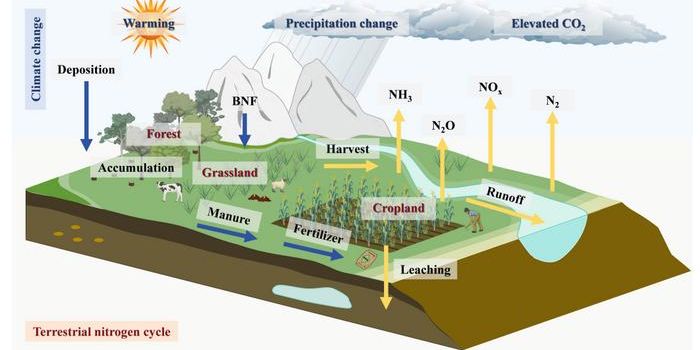How Climate Change Could Impact Beer
Climate change is already impacting our world; animals are on the move and are migrating to new places; spring is starting earlier in many places and lengthening allergy season, higher ocean temperatures have fueled more intense storms, and changes in weather patterns are impacting the growth of some crops. Along with the predicted effects of climate change, there could be a wide variety of unexpected consequences too. A new study has highlighted the influence that climate change could have on the production of aromatic hops in Europe, and how that might affect beer. The findings have been reported in Nature Communications.
After water and tea, beer is thought to be the third most popular beverage in the world. The intoxicating brew has been made in Europe since at least 3100 BCE, and maybe even earlier. While water is needed for beer, along with malting barley and yeast, hops are what gives beer its distinctive taste, according to this new report. The flavor of hops themselves is a product of the bitter acids it contains, as well as a lot of other chemical compounds like polyphenols and essential oils. Alpha bitter acid levels can affect hop quality.
Microbreweries and home brewing have become increasingly popular, rising the demand for hops that come from Europe, which are commonly used in beer brewing.
But hops are also grown in relatively small areas. It seems likely that hop production could be affected by heat waves or droughts, which are expected to increase as the climate changes.
In this study, the investigators assessed hop cultivation data from five places in various countries that are among the biggest hop producers, including Czechia, Germany, and Slovakia. Data from the period from 1995 to 2018 was compared to 1971 to 1994. At four of the sites, there have been drops in yields ranging from 9.5 to 19.4 percent, while yield remained stable at the fifth site. The concentrations of alpha bitter acids in the hops also decreased.
Using this information, the researchers predicted that yields could drop anywhere from four to eighteen percent compared with 1989 to 2019 yield averages, and alpha bitter acid concentrations may get 20 to 31 percent lower as the climate warms and droughts become more common.
If quality hop production is going to keep pace, the study authors suggested that the area used for hop cultivation should increase about 20 percent compared to the current size. They also stressed that other measures might help the industry adapt, such as exploring new locations for hop cultivation or introducing more irrigation systems. It may also be possible to modify brewing methods to compensate for the predicted reduction in bitterness in hops.
Options will be limited, however, noted study co-author Miroslav Trnka. Hops require a particular blend of climate and soil to grow properly, and right now, genetically modified crops that might be better suited to climactic changes are banned in Europe.
Sources: AFP via Phys.org, Nature Communications









